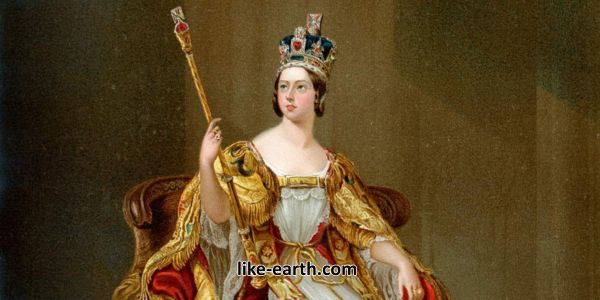Pros and Cons of Monarchy in Modern Society

Pros and Cons of Monarchy in Modern – The pros and cons of monarchy today have become a hot topic of discussion, especially as nations evolve within democratic and globalized frameworks. Monarchies, both ceremonial and executive, continue to exist in various forms. While some praise their stability and cultural heritage, others criticize their outdated nature. So, is the monarchy still a necessary institution, or has its time passed?
Understanding the Modern Monarchy
Modern monarchies are not all the same. Most are constitutional monarchies, where the king or queen holds symbolic power. A few absolute monarchies remain, particularly in the Middle East. These systems mix heritage with politics, often under public scrutiny. Whether supportive or skeptical, society continues to debate their relevance.
Pros of Monarchy in Modern Times
1. Symbol of Unity and Continuity
Monarchs often symbolize national unity. They act as constant figures during governmental changes. Their apolitical nature helps foster long-term national stability. Monarchs unify citizens during crises, holidays, and important state functions.
2. Cultural and Historical Heritage
Royal families preserve a nation’s history and traditions. Ceremonies, attire, and royal landmarks maintain cultural identity. Countries like Japan and the UK heavily invest in royal institutions to celebrate national heritage.
3. Tourism and Economic Benefits
In countries such as Thailand, the United Kingdom, and Morocco, royal palaces and events boost tourism. Visitors spend millions attending royal weddings and touring historical sites. The monarchy, in this case, indirectly stimulates the economy.
4. Political Neutrality
Monarchs remain above party politics. This neutrality allows them to be symbols of impartiality. They can represent the entire nation without favoring specific political ideologies. Their role is to observe, advise, and warn.
5. Long-term Vision
Unlike elected politicians, monarchs often take a long-term view of national interests. They are not bound by election cycles. This perspective can offer stability and consistency, especially in diplomatic relations.
Cons of Monarchy in the 21st Century
1. Inherited Privilege
The monarchy is inherently undemocratic. Royal positions are inherited, not earned. This clashes with modern values of equality and merit. Critics argue that privilege by birth is outdated and unjustifiable.
2. Financial Burden
Maintaining royal households can cost millions annually. Taxpayers often fund these expenses. In countries struggling with inequality and poverty, royal expenditures are increasingly scrutinized. Transparency and accountability remain key concerns.
3. Limited Practical Role
In constitutional monarchies, the royal family holds little real power. Their functions are mainly ceremonial. Critics question the necessity of funding figureheads who contribute little to actual governance.
4. Potential for Scandal
Being public figures, monarchs are often in the spotlight. Scandals can damage national image and distract from pressing issues. The behavior of royal family members must align with public expectations to maintain respect.
5. Generational Disconnect
Younger generations often question the monarchy’s relevance. In a digital, progressive world, monarchy can seem disconnected. Public engagement through social media is one way royals are trying to bridge this gap.
Case Studies of Monarchies
United Kingdom: The British monarchy is one of the most well-known. Queen Elizabeth II embodied stability, while younger royals like Prince William work to modernize the institution.
Japan: The Chrysanthemum Throne has existed for centuries. Despite political limitations, the Emperor serves as a strong cultural icon and diplomatic presence.
Saudi Arabia: An example of an absolute monarchy. Here, the king holds real political power. This system is often criticized by human rights advocates, but it remains central to governance.
The Middle Ground: Reform, Not Abolition
Some believe monarchies don’t need to be abolished, but modernized. Transparency in spending, reduced public funding, and increased community engagement are reforms that can retain monarchies while addressing criticisms. Examples include releasing financial reports or participating in charity and environmental campaigns.
Conclusion: Balancing Tradition and Progress
The debate over the pros and cons of monarchy today reflects broader societal values. Monarchies continue to exist because they evolve. Their relevance depends on public perception, accountability, and willingness to adapt.
In societies where monarchies contribute to culture, unity, and economy, they are more likely to endure. Where they fail to adapt, public support may dwindle. The future of monarchy lies in balance—respecting tradition while embracing change.
Want to discover how traditions adapt in the modern world? Visit our homepage to learn more about societal evolution and innovation.
Join discussions and get updates by following our official WhatsApp Channel. Pros and Cons of Monarchy in Modern



